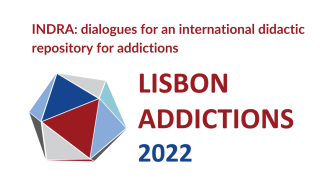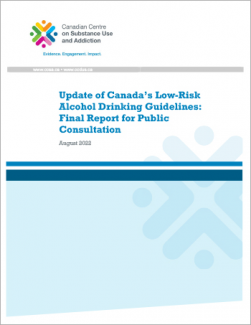Background
There is a higher prevalence of substance use disorder (SUD) among justice-involved children (JIC). It is critical to ensure that JIC who report current use are referred for SUD assessment and potentially life-saving treatment services. Prior research suggests that certain minoritised groups may be less likely to have ever been referred for screening, and research on intersectionality suggests that these disparities may be exacerbated for racially minoritised females.
Methods
Multivariate logistic regression and interaction effects were employed to analyse longitudinal data from...



